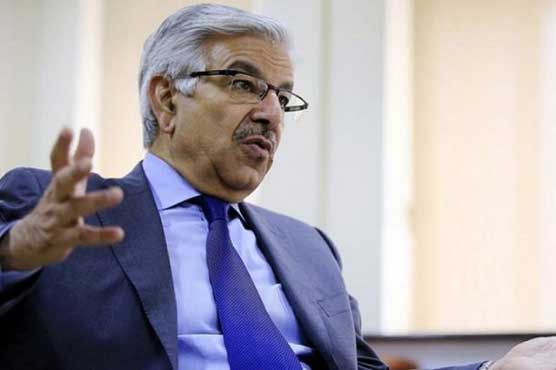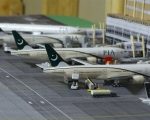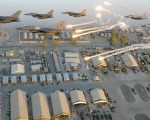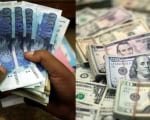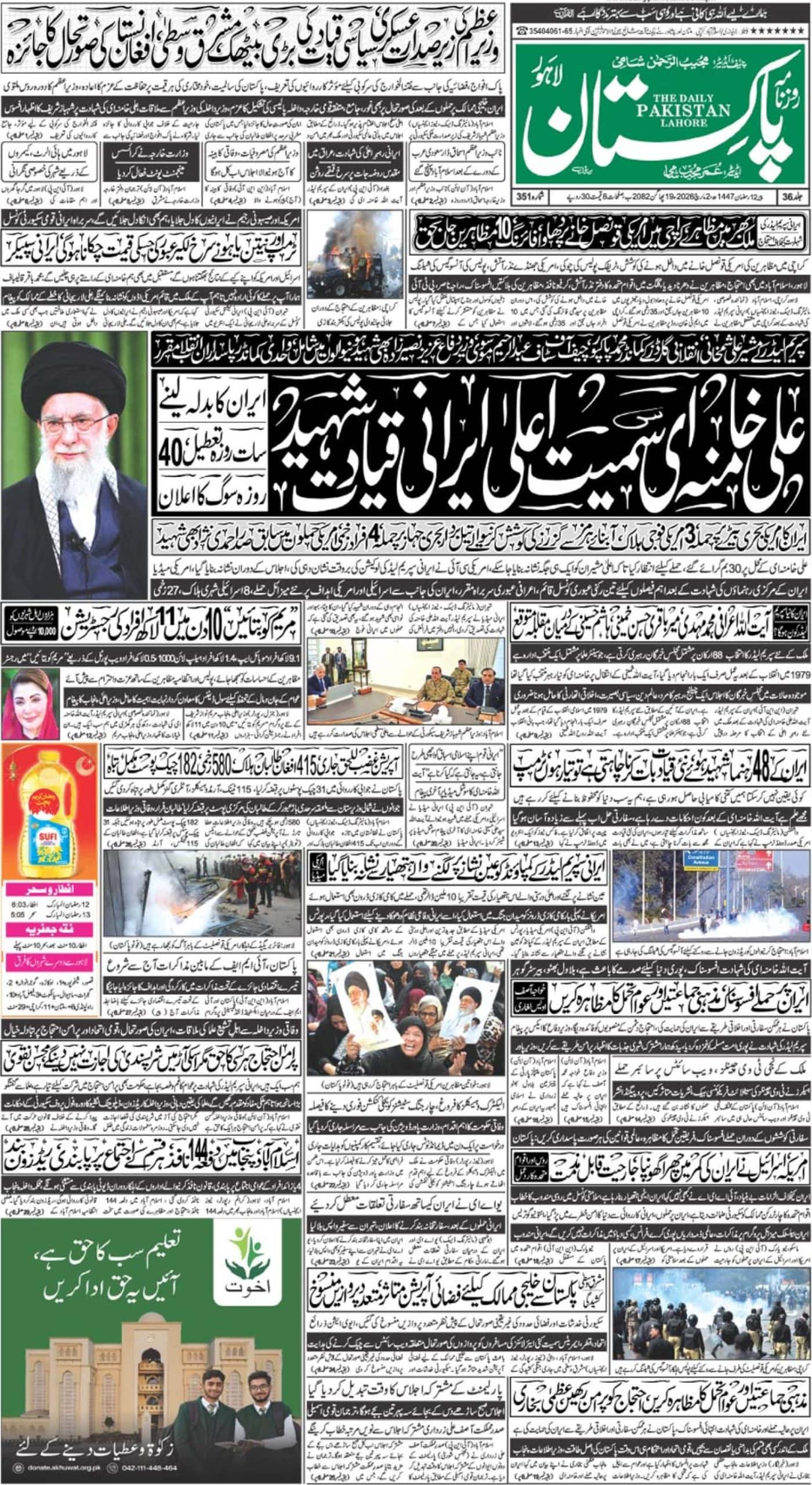When Nawaz Sharif was back in power in 2013, fourteen years after being ousted in a military coup, many Pakistan-watchers were surprised. After all, what are the chances of a politician’s return to power after the military ousted them? Sharif achieved this feat, only to be barred from politics for life in 2017 in a Supreme Court ruling.
Was the world shocked? You would expect major world interest because this was a compelling story. After all, he is Pakistan’s only third-time elected prime minister, ousted in a military coup, and once had foreign powers, including the United States, negotiating his release. China, Saudi Arabia, Turkey, the UAE, and the United Kingdom were all involved in Pakistani politics in some way during the past 15 years.
But there is little global interest this time. At least not at the scale of 1999, the first time Nawaz Sharif was ousted. Even the romantic story of the patchy democratic struggle in Pakistan is no longer attractive.
The truth is, there is little international interest left in Pakistani politics. The world is moving fast. Regional countries now join big powers in asserting influence. Economic interests are at stake, and a major power realignment is underway. The Pakistani political fairytale is becoming boring, and repetitive.
This does not mean Pakistan has lost importance. The country cannot be ignored. There is a tectonic shift in politics in this nuclear-armed nation of 200 million. This will have a major bearing on a country that impacts security in three crucial regions: South, West, and Central Asia. Goldman Sachs predicts that Pakistan will be among the top 20 economies by 2025. Jim O’Neill, who coined the term BRIC for Brazil, Russia, India, China in 2011, forecasts that Pakistan could be the world’s 18th largest economy by 2050.
Pakistan is very important. Russia has been courting the country recently. China has made it a linchpin of its Road and Belt Initiative. Major Middle Eastern powers like Saudi Arabia, the UAE, Egypt, and Turkey want Pakistan to play a key role in training and creating a NATO-style military organization indigenous to the region.
But it is Pakistani politics that has become the butt of jokes in the region. Pakistan just does not seem to be able to put its house in order. Its political system is too messy for a nuclear power of this size and importance. And while democracy and politics are messy and noisy everywhere, the Pakistani version is so chaotic it could harm Pakistan’s regional and international role.
So, apart from some countries and investment banks watching Pakistani politics closely, major recent developments have largely gone unnoticed outside Pakistan. For the first time, three wealthy and powerful politicians have been permanently barred, with possibly more politicians expected to be banned from holding public office. A new demographic, the young, are asserting influence and could soon change the face of Pakistani politics.
But the world will not wait for Pakistan forever. In the coming days, the Pakistani foreign minister was expected to join his counterparts from Turkey and Saudi Arabia in an OIC-EU dialogue on the future of Jerusalem, an upcoming OIC foreign ministers meeting on Kashmir conflict, and a possible meeting with his Indian counterpart on the sidelines of a multilateral event that was in the works and Pakistani and Indian diplomats were hoping could be an icebreaker. But all of this is in jeopardy now after Foreign Minister Khawaja Asif has been ousted by the Supreme Court for concealing foreign assets. In the days preceding his ouster, Asif interacted with top diplomats from the United States, Russia, and China.
So, Pakistan is a country that is readjusting its political system to suit new realities. But it is a painfully slow process that is costing Pakistan much in terms of its national security interests. While Pakistan is busy inwards, significant developments are shaping the region around Pakistan, from Syria to Myanmar, and Islamabad appears too busy to play a role in securing its interests in this regional flux.

